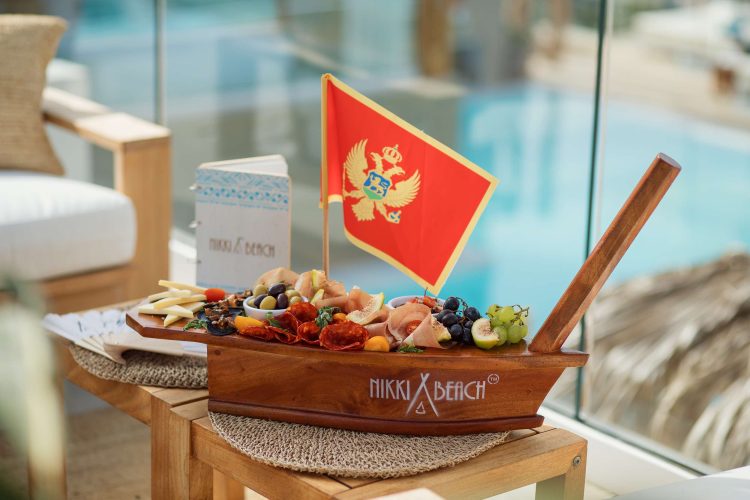Montenegro’s Sovereignty Day, observed on July 13, honors two defining moments in the nation’s history. This dual celebration commemorates the Berlin Congress’s recognition of Montenegro as an independent state in 1878 and the start of the uprising against Nazi occupation in 1941 during World War II.
The festivities span two days, creating a vibrant long weekend that captivates both locals and tourists. Streets buzz with energy as local music and dance performances showcase Montenegro’s rich cultural heritage. Political leaders deliver rousing speeches, while colorful parades wind through towns and cities. Food festivals tempt visitors with an array of local delicacies, offering a taste of authentic Montenegrin cuisine.
Montenegro’s journey to sovereignty traces back to the 16th century when it emerged as a semi-autonomous region within the Ottoman Empire. After years of rebellion against Turkish rule, the country gained independence in 1878 under the Treaty of Berlin. Nicholas I initially ruled Montenegro as a principality before it became a kingdom in 1910. In 1918, Montenegro unified with Serbia and later became part of Yugoslavia.
In 2006, a referendum led to Montenegro’s renewed independence from Serbia, followed by its admission to the United Nations. While this recent event is celebrated on May 21 as Independence Day, Sovereignty Day on July 13 maintains its historical significance.
Today, Montenegro boasts Montenegrin as its official language, though Serbian remains widely spoken. This linguistic diversity reflects the country’s complex cultural tapestry.
Visitors to Montenegro during Sovereignty Day can explore the country’s unique attractions. These include the world’s oldest olive tree, Europe’s deepest canyon (Tara River Canyon), and one of the highest mausoleums globally. From sun-soaked Adriatic beaches to rugged mountain landscapes, Montenegro offers a stunning variety of natural wonders.
Sovereignty Day 2024 falls on Saturday, July 13, promising an especially lively celebration. This holiday provides an unparalleled opportunity for tourists to immerse themselves in Montenegrin culture, sample traditional foods, and witness firsthand the pride and unity of this small but resilient Balkan nation.









